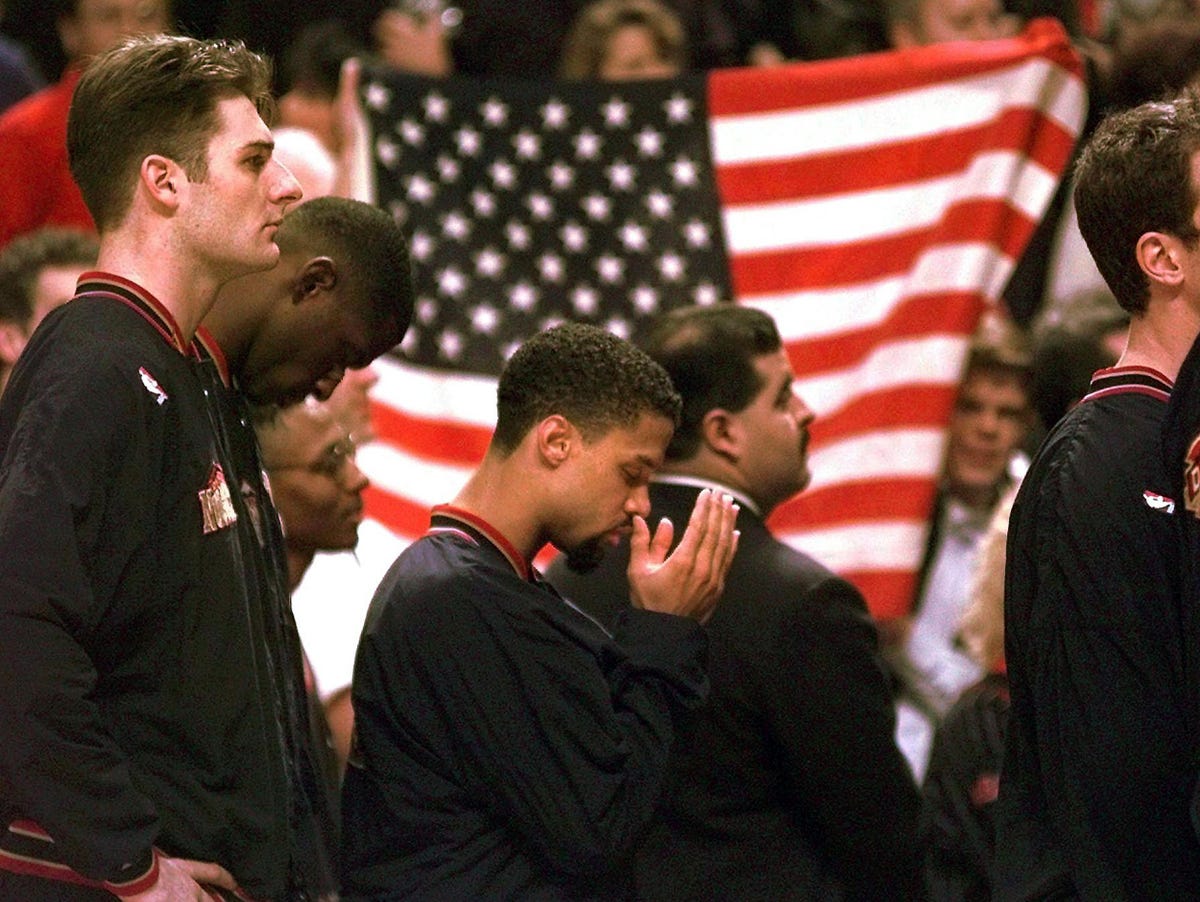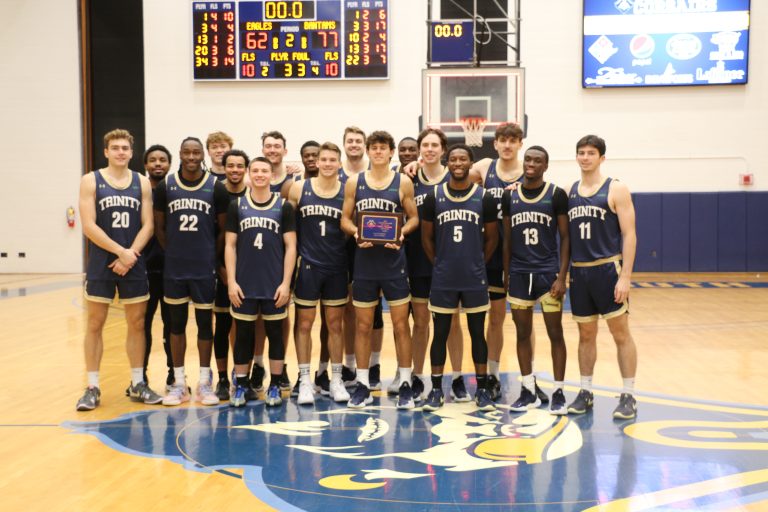Pedro Olivas-Holguin Jr. ’25
Contributing Writer
The story of Colin Kaepernick is a familiar one to most all Americans. His choice to kneel during the National Anthem at NFL games as a form of protest created a large controversy surrounding the meaning of his actions, racial tensions in America, and patriotism. From Kaepernick’s own perspective, he did not wish to show pride in a flag that oppressed Black people and people of color. His actions eventually resulted in much backlash from NFL owners, fans, and many politicians. This all culminated in him leaving his team and not being offered another contract since. His story is often referred to as one of martyrdom as he used his platform as an athlete and sacrificed his career in hopes of shedding light on racial justice issues in America.
Kaepernick’s story is one that rightfully received national attention; however, 20 years before Kaepernick first knelt for the anthem, there was another athlete who thought the approach was worthwhile.
Mahmoud Abdul Rauf, formerly Chris Jackson, was an incredible basketball player. His skills earned him a shot to play at Louisiana State University and, eventually, he was drafted third overall by the Denver Nuggets in the 1990 NBA Draft. In the NBA, he proved his worth, earning a spot on the All-Rookie Second Team and later earning the Most Improved Player Award in 1993. However, as illustrious as his career was becoming, Abdul-Rauf focused more on studies and religion as he converted to Islam. It was in this conversion that he began to feel a disdain for the nation that had taken part in travesties such as slavery and Jim Crow. He looked around and noticed that not much had changed since and that Black people still faced much oppression in America.
Mahmoud Abdul-Rauf, like Kaepernick, felt no pride in standing for the anthem, and so in 1996, he did not. Unfortunately, almost immediately, the NBA Commissioner at the time, David Stern, suspended Abdul-Rauf. The devastation did not end with just him losing his career, but also his childhood home in Mississippi was burned down by the Ku Klux Klan.
When Mahmoud saw Kaepernick, he knew how it would end, even if it was 20 years later. Both Black athletes knew the importance and power of their positions and used it to push for a better America. While Kaepernick’s protest may have received more attention, both sacrificed their career in honor of racial justice. Both deserved their jobs and their flowers for their spot in Black history.
If you would like to learn more, his story is documented on Showtime in a documentary called Stand.








+ There are no comments
Add yours